Read time: 6.2 mins
 Pivot. Strategize. Automate. When you think of buzzwords, none resonates more than “disrupt.” That’s because virtually every industry is experiencing the potential—or angst—of disruption.
Pivot. Strategize. Automate. When you think of buzzwords, none resonates more than “disrupt.” That’s because virtually every industry is experiencing the potential—or angst—of disruption.
Banks are dealing with the advent of fintech. Customer service has been largely replaced by chatbots. Even the funeral home industry is remaking itself: Since the casket market is, well, dying, funeral homes are building “multi-sensory experiences,” so you can hold a loved one’s service at a golf course or the beach.
Whoever thought that business travelers would find a replacement for the yellow cab? But it’s happening—and fast. According to a new study by Certify, Uber and Lyft are now used by road warriors more than the traditional taxi and rental cars. Just over half of the ground transportation receipts processed by the expense-management platform in the third quarter of 2016 were for the ride-sharing companies—double the amount from the previous year. The result? A landscape that looks wholly different than it did just one year earlier.
Many companies today don’t know where to pivot because they don’t know where the ball is coming from. They’re left behind because they’ve lost their innovative and competitive edge and are blindsided by market realities and trends they didn’t see coming.
Not only that, they are going to lose their best people. “Millennials now tell us that their ability to learn on the job is their top driver when looking for a new position,” according to the report HR Technology Disruptions 2017.
A knowledge network can help you compete. Here are four qualities companies should look for in a network that will bolster your company’s defenses against disruption.
1. Companies need information that’s curated.
A companion problem to not enough data is its evil twin—too much information. Today, digitally-savvy companies know that they need to provide their employees with carefully curated information to prevent information overload. In other words, they need to help weed out the “signal” from the “noise.” A smart knowledge network will anticipate what employees need to know, and feed them the bytes that meet this gap. The key tenets of an effective knowledge model, according to Josh Bersin, principal and founder of Bersin by Deloitte, are “curation, career-recommended learning and data-driven recommendations.”
2. Companies need information that leads to collaboration.
Developing a network of relevant and personalized knowledge allows departments to become connected, rather than siloed. When collaboration is strong, real-time pivots and other changes in the market or industry trends can be immediately shared across platforms, resulting in extremely agile actions. Close collaboration leads to trust, and trust is incredibly important in keeping teams strong and innovative in the face of change.
MIT’s Sloan Management Review reports on the benefits of a team participating in a knowledge network together and then adapting what they learn to specific challenges. As an example, the article cites an initiative by the Institute for Healthcare Improvement (IHI) called “Knowledge Jams” where teams from across specialties—nurses, administrators, physicians, project managers, and pharmacists—exchange ideas in an effort to reduce medical errors and inefficiencies. The initiative has saved countless lives as well as millions of dollars. As the article reports, “Setting aside the political trappings of rank and power, the team members are also able to reflect together on the relevancy or applicability of lessons about how to put IHI’s healthcare improvement methods into practice.”
3. Companies need information that’s fresh and relevant.
In today’s fast-paced world, many seminars and traditional learning options become stale by the time they’re delivered to employees. Even business schools are realizing how outmoded the conventional “case study based” curriculum is. Many leading-edge schools are trying a new model and turning to real-time business issues that allow students to experience what’s happening right now. That’s why your knowledge network needs to be a living, changing tool, rather than relying on trainings that are obsolete and increasingly irrelevant.
4. Companies need information presented in a format that’s compelling.
As we all know, millennials are now the largest generation in the workforce and by 2020 they will be half the global workforce. That means that companies wishing to engage with this generation have to be able to speak their language. That means providing information that is short, easy to consume, highly targeted and geared toward their affinity for engaging video. Content also needs to be tightly focused on a goal. “Before clicking on a video or course, millennials will assess whether or not this would be a good use of their time—how long will it take, how beneficial will the information be…” says a recent article on millennials learning trends.
Disruption is coming to your industry. Is your team ready? Creating a vigorous culture of daily learning is the most important way to ensure your team is current and well-informed. A robust knowledge network is one key to ensuring that disruption won’t take your team off guard.


